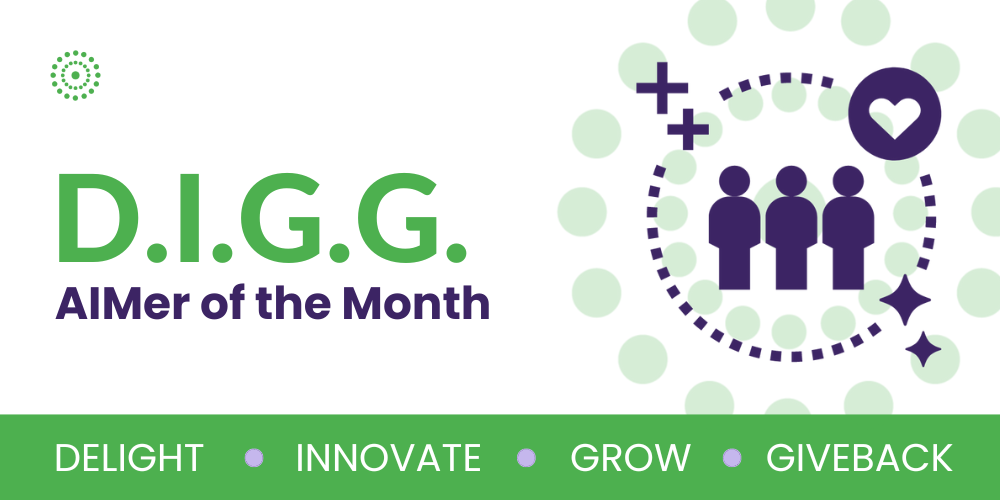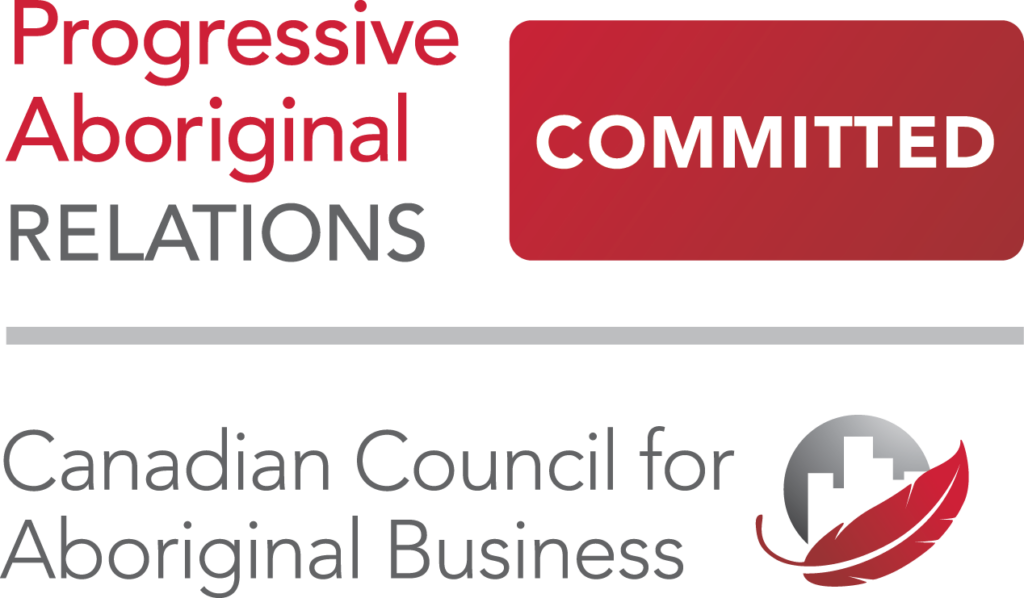An exclusive Interview with Jim Nichols, CMO at Partnerize

2018 has been another big year of growth, innovation and evolution, continuously pushing the industry forward. An excellent example of this is the rebranding of one of our performance marketing technology partners.
In July last year, Performance Horizon announced a rebrand to Partnerize. During the same month, we co-hosted a dinner in partnership with Partnerize at the Hawksworth Restaurant in Vancouver, bringing together leaders in ecommerce for an evening of quality networking. One of the main topics of discussion was the evolution of partner marketing in the ever-changing world of digital. It was no surprise that the importance of strong partnerships was at the heart of the new Partnerize brand.
We caught up with Jim Nichols, CMO at Partnerize to get the scoop and find out what the bigger story behind Performance Horizon’s rebranding to Partnerize was:
– INTERVIEW –
Q: We love your new name and what it signifies, and we know this was more than just a name change. It was a strategic statement of who you are and what you do. Can you tell us more about how and why you picked the name Partnerize?
Well, first let me thank you for the opportunity to speak with you today.
Back to your question. It’s interesting, rebranding a company is a monumental undertaking and can quickly get bogged down in details and opinions that gum up the process. I’ve worked on rebranding several companies in the past – the key is to get all the stakeholders to agree on a set of goals for the rebrand and then use those goals to help define what you need to do – and not do. The not do part is arguably the most important part because resources are finite, and you need to put all the focus on stuff that matters.
At Partnerize, we are big believers in the idea that any company can benefit from partnerships with brands and publishers that share their audience, interests and values. Further, we believe that partnership should be at the center of how brands build sales in the years ahead.
When we set out to find a new name, we knew we wanted some derivation on “partner” or “partnership” in the name. We wanted people to know exactly what we do and how we are “all-in” on partnership.
One of the cool things about our industry is that the various leading networks and tech platforms have different corporate strategies. Some are laser-focused on the affiliate segment. Others offer partnership measurement as part of a larger set of martech offerings. Our strategy is just as unique in that we want to build a global partner ecosystem connecting brands, great agencies like AIM, tech providers, affiliate channel partners, loyalty communities, you name it – all centered on a single set of technology.
Finding the name was actually much easier than I expected. When you have a tight vision, determining whether a name describes that or not is pretty straightforward.
The idea for “Partnerize” actually came from a young Associate at one of our VCs. He heard the objectives, thought for a bit, and came up with something everyone loved immediately. It describes exactly what we do and was easy to remember. There was even a dotcom available because while it sounds like an English word, and its meaning is super clear, it isn’t actually a word.
Q: What was one of the biggest challenges you had to overcome with the process of rolling out the rebrand?
I’d put the challenges into two buckets, logistical and subjective.
Logistically, rebranding is much more complicated than one might think. I get called a lot by companies that want advice on rebranding. The thing I always start with is that the challenge is many times more complicated than you think. That doesn’t make it not worth doing, but you do need to be able to articulate why you are doing it and the value it can bring to the company.
If you know why you are doing it, then it is easier to evaluate every task and decide if it is worth doing. Then you need to form a core team from each department that takes ownerships of the tasks in their area. This is critical because no one person can think of all the things that need to be done or understands what’s involved. Compromise is essential.
That core team I mentioned, we focused on agreement and accountability at every step. Each person considered all of their tasks and set dates for their completion. Then we used a tool developed by a company called Roebling-Strauss. We immediately nicknamed the application the Sheet of Shame because when people are running late on a task it turns red, as do dependent tasks. Every individual understands the implications of being on-time. It probably sounds silly because, I mean, it’s just a color change. But people worked hard to live up to their commitments and so we launched on-time – months faster than I feared we would. But when you set your own dates, you take responsibility for them in a way that you might not if some yutz CMO set them based on his lack of knowledge of what you do.
Our core team was fantastic throughout the process. When we launched, there were no major hitches because the people who understood what needed to be done are in charge and responsible for doing it. And the team makes smart choices when the amount of work to change something far exceeds the benefit. For example, we discussed changing the URLs on all the APIs that underpin our platform but decided against it because it would be a hassle for clients and partners.
Subjective challenges are tougher still. When you change the name of the company, you can bet that 50% of the world will like the new name, 50% won’t like it, and the press won’t care. You must be prepared for naysayers, and the only appropriate way to respond is by saying why you chose the name. They still might not like the name, but we can at least agree that it is strategic and “smart”.
As it happened, a lot more than 50% of the world liked our new name. Really the feedback was so positive. But there were still a few naysayers. And Partnerizers were very ‘adult’ about accepting that. Names ARE subjective. And what’s been cool is that some of our strongest naysayers have subsequently told us that now they get it and they agree it was the right thing.
And you must give the press a reason to care. A name is not a reason. So, we coordinated a variety of tangible news that people would care about. A major research study on partnership. A couple of dozen product enhancements. And as a result, we got about 20 articles on or around the launch date.
Q: Why are you investing so much in partnerships, and how is this different from what you’ve invested in in the past?
I don’t think it is. We’ve always been all in on partnerships. It’s just that now people understand that better.
The one area where I think we have changed our approach is in content and thought leadership. We’ve launched a learning center full of ideas and tips on forming all forms of partnership. We’ve published 217 bylines over 12 months evangelizing for a broad vision for partnership and an aggressive approach to forming and managing them. Much as your agency has grabbed the reins and told amazing stories of what partnership can do for a business.
Brand leaders need your voice. Need our voice. We’re really talking about changing the role that partnerships can play for brands.
Q: How have you seen the industry change since 2010, and what are you doing to adapt to those continuous changes?
From our vantage point working with more than 300 leading brands, we’ve seen a sea change in how brands think about, pursue, and measure partnerships. And as partnerships have grown to encompass double digit shares of total company sales, how the people that care about them are changing. First, we’ve seen a variety of new types of partnerships and partners rise to the surface.
While all the traditional affiliate publishers are still going strong, we’re also seeing mainstream publishing houses become active in the CPA space. And we’re seeing major brands form partnerships with other brands, like our clients Hawaiian Airlines and Surfstitch. We’re also seeing an unprecedented number of elite brands enter the partnership arena. Recognizing that our industry can be brand enhancing in incredible ways.
We believe that our role in growing partnership is about establishing that massive global partner ecosystem – 350,000+ companies as we talk here, and in creating a platform with more ways to structure, track, measure and reward partners of any type. That’s why we’ve architected a new commissions platform that can compensate in virtually any way on any tracked event, and why we add about 250 new partners a day to our ecosystem. We’re also making strides in creating the easiest platform to use so that people do more with it and can get creative in how they form and manage partnerships. We have clients, for example, compensating partners on LTV, so that partners are incented to drive high value long-term customers to their stores.
Q: Where do you see your clients taking affiliate and performance marketing in 2019 and beyond?
We’re managing more and more influencer programs these days. Influencer was a world that operated primarily on what I will call social team metrics rather than commerce metrics. But all marketing teams want to quantify the sales that their programs drive, and we help them do that.
We’re seeing more brands form partnerships with other leading brands, for comarketing and in sales promotions that change the game in their categories. And we’re seeing clients capitalize on the fact that they can have direct relationships with their largest partners, so they can drive incremental sales far in excess of what they might get from simply adding more small partners. You want to do both, of course, but the big guys can often do much more than they currently do for your business if you collaborate with them on new offers, targets and technologies.
Q: What are you most excited about for the future of partner marketing and where Partnerize fits into it?
Well, I did my first affiliate program in 1999, so I have seen a lot of change. I’ve always felt that the affiliate industry got a bad rap, and more and more brands seem to feel the same way now. Partnership and affiliate are unbelievably strong and dynamic channels – if you are aggressive in how you develop and manage your programs. Your team proves that constantly. Affiliate is big, and partnership is several times larger than even that. And because of its favorable characteristics, like pay for performance, it can be an outstanding business driver.
I joined Partnerize because I shared its vision. I’d admit that Partnerize had a better and more articulation of strategic vision for the industry than mine, but the essential ideas that underpin it are things that I’ve believed in for two decades, and I am thrilled to be a tiny part of bringing them to life. That vision governs what we do – everything we do.
Thanks so much for this opportunity.












